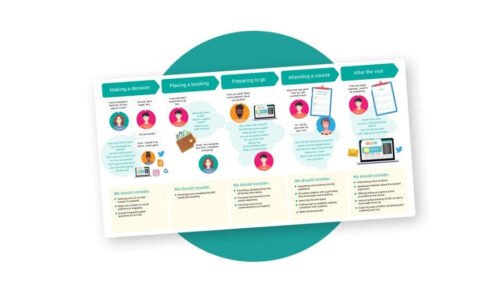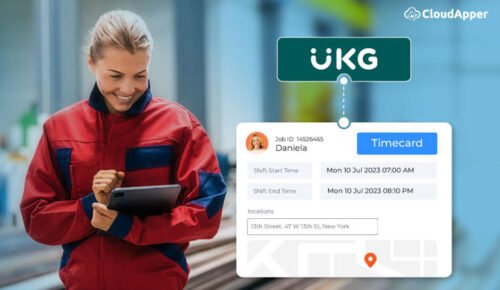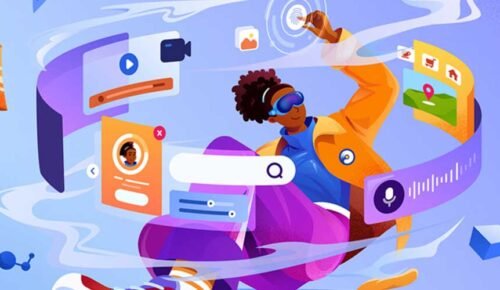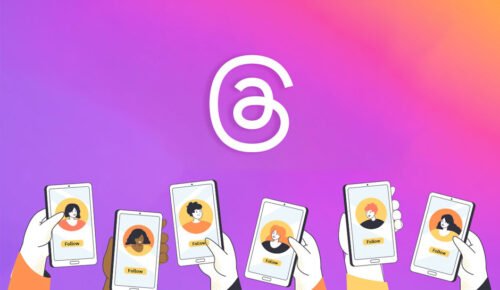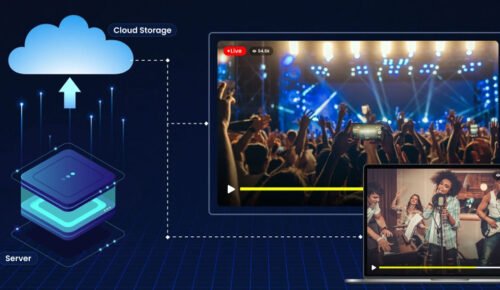Language learning has undergone a significant transformation in recent years, thanks to the emergence of online platforms. These platforms have revolutionized the way we learn languages, offering a range of benefits and opportunities that were unimaginable in traditional classroom settings. In this article, we will explore the evolution of language learning, the advantages of online platforms, the mechanics of online language learning, the challenges and solutions associated with this mode of learning, and finally, the future of language learning in the digital age.
Understanding the Evolution of Language Learning
Language learning has come a long way from the traditional classrooms of the past. In the past, language education was often confined to grammar books and rote memorization. However, the advent of digital technology has completely transformed the landscape, making language learning more accessible and engaging than ever before.
As technology continues to advance, the evolution of language learning is taking on new dimensions. Beyond just online platforms, virtual reality (VR) and augmented reality (AR) are revolutionizing the way languages are taught and learned. Imagine being able to step into a virtual cafe in Paris to practice your French conversational skills or explore a digital marketplace in Tokyo to enhance your Japanese vocabulary. These immersive experiences not only make language learning more interactive but also provide cultural context that is essential for true language proficiency.
From Traditional Classrooms to Digital Platforms
One of the most significant shifts in language learning has been the move away from traditional classrooms to digital platforms. Online language learning platforms have opened up a world of opportunities for learners by providing access to a wealth of resources, interactive exercises, and language partners from around the globe. For example, if you’re interested in learning Japanese, you can find a variety of courses tailored to different proficiency levels. Learners are no longer bound by the limitations of time and location, as they can now access language courses and materials anytime, anywhere.
Moreover, the rise of social media and online communities dedicated to language learning has created a global network of language enthusiasts who can connect, practice, and support each other in their language learning journey. If you need more personalized guidance, you can easily find a Japanese tutor through online tutoring platforms. These communities foster a sense of camaraderie and motivation, encouraging learners to stay engaged and committed to their language goals..
The Impact of Technology on Language Education
Technology has played a crucial role in shaping the modern language learning experience. Online platforms leverage various technological tools, such as videos, audio recordings, and interactive exercises, to create an immersive learning environment. These platforms also incorporate artificial intelligence algorithms that adapt to individual learners’ needs and provide personalized feedback, enabling learners to progress at their own pace.
Furthermore, the integration of gamification elements, such as rewards, badges, and leaderboards, into language learning platforms has transformed the learning process into a fun and engaging experience. By turning language learning into a game, learners are motivated to practice regularly, track their progress, and celebrate their achievements along the way. This gamified approach not only enhances motivation but also helps reinforce language concepts in a memorable way.
The Advantages of Online Language Learning Platforms
The rise of online language learning platforms has brought numerous advantages that were previously inaccessible to language learners.
Flexibility and Convenience
One of the key advantages of online platforms is the flexibility they offer learners. Unlike traditional classrooms, online language courses allow learners to set their own schedule and learn at their own pace. This flexibility is particularly beneficial for working professionals or students with busy schedules, as it enables them to fit language learning into their daily routine.
Access to Diverse Languages and Cultures
Online platforms have broken down geographical barriers and provided access to a wide range of languages and cultures. Learners can now choose from an extensive list of languages, including less commonly taught languages that might not be available in their local area. This not only expands learners’ language repertoire but also exposes them to different cultures and ways of thinking.
The Mechanics of Online Language Learning
The mechanics of online language learning differ significantly from traditional classroom methods. Online platforms employ various interactive learning methods to engage learners and enhance their language acquisition process.
Interactive Learning Methods
Online platforms utilize interactive learning methods, such as gamification and multimedia resources, to make language learning fun and engaging. Learners can engage in interactive exercises, quizzes, and games that reinforce vocabulary, grammar, and pronunciation skills. These interactive elements keep learners motivated and allow them to practice their language skills in a dynamic and immersive environment.
The Role of Artificial Intelligence in Language Learning
Artificial intelligence (AI) has become an integral part of online language learning platforms. AI algorithms analyze learners’ performance, identify areas of improvement, and provide personalized feedback. These algorithms adapt to learners’ strengths and weaknesses, ensuring that the learning experience is tailored to their specific needs. With AI, learners can receive instant feedback on their pronunciation, grammar, and vocabulary, enabling them to make rapid progress in their language acquisition journey.
The Challenges and Solutions in Online Language Learning
Overcoming the Lack of Face-to-Face Interaction
One of the challenges of online language learning is the lack of face-to-face interaction with instructors and fellow learners. To address this issue, online platforms often incorporate features that enable learners to interact with language partners from different parts of the world. This not only provides an opportunity to practice speaking skills but also allows learners to gain cultural insights and broaden their understanding of the target language.
Ensuring Quality and Accreditation in Online Language Courses
With the proliferation of online language courses, ensuring quality and accreditation can be a concern for learners. To address this, reputable online platforms often collaborate with educational institutions and employ qualified instructors. Additionally, they may offer certification or accreditation programs that validate learners’ language proficiency, making their language skills recognized and valuable in academic and professional contexts.
The Future of Language Learning in the Digital Age
Emerging Trends in Online Language Learning
The future of language learning is full of exciting possibilities. Emerging trends in online language learning include the use of virtual reality (VR) to create immersive language learning environments. VR technology allows learners to practice real-life language scenarios, interact with virtual native speakers, and explore culturally diverse settings. This immersive experience enhances learners’ language acquisition and fosters cultural understanding.
The Potential of Virtual Reality in Language Education
Virtual reality has the potential to revolutionize language education by providing learners with a highly engaging and realistic learning environment. From virtual language exchanges to virtual cultural experiences, this technology has the power to transform how we learn languages. While VR is still in its early stages of integration into language learning platforms, its potential for enhancing language acquisition is promising.
In summary, online platforms have played a significant role in shaping modern language learning. They have transformed language education by providing flexibility, access to diverse languages and cultures, interactive learning methods, and personalized feedback through artificial intelligence. While there are challenges to overcome, such as the lack of face-to-face interaction, online platforms are continuously evolving to provide effective solutions. The future of language learning in the digital age holds exciting opportunities, with emerging trends like virtual reality offering immersive language experiences. As technology continues to advance, online platforms will continue to shape the way we learn languages, making language learning more accessible, engaging, and impactful than ever before.












